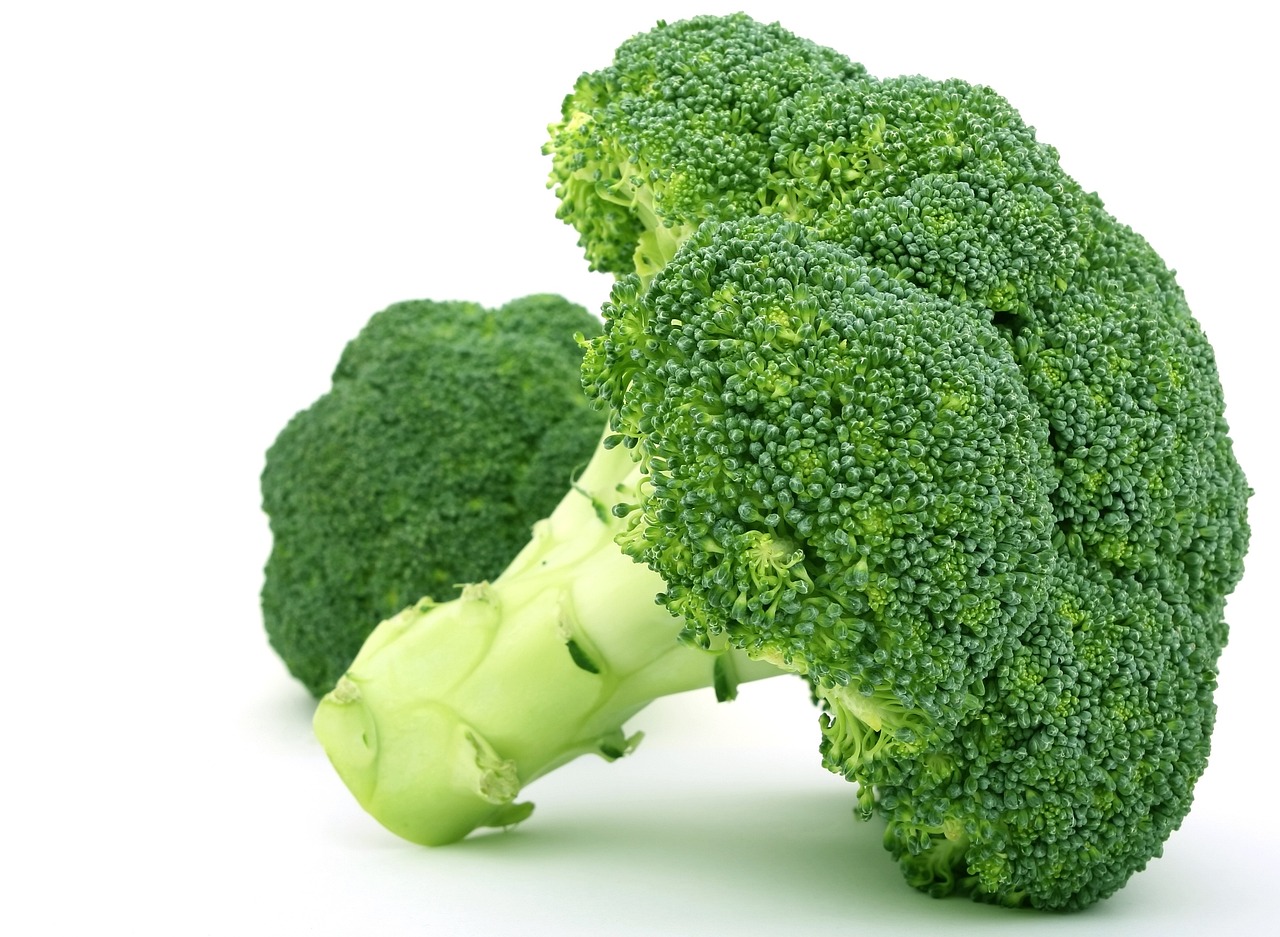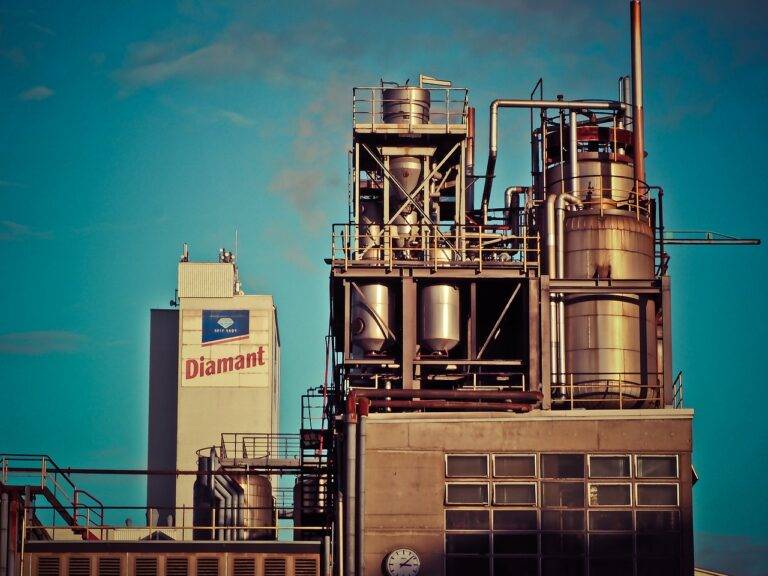The Future of Fish Farming and Aquaculture
Sustainable fish farming practices play a crucial role in ensuring the long-term health of our oceans and aquatic ecosystems. By implementing methods such as using recycled water, reducing chemical usage, and monitoring water quality, fish farmers can minimize their environmental impact and promote the well-being of marine life.
Furthermore, sustainable fish farming practices also benefit human health by providing a reliable source of seafood that is free from harmful contaminants. Consumers can enjoy peace of mind knowing that the fish they are consuming has been raised in an environmentally-friendly and responsible manner, ultimately contributing to the preservation of our oceans for future generations.
Challenges Facing the Aquaculture Industry
One of the major challenges facing the aquaculture industry is the issue of environmental sustainability. The industry often faces criticism for its negative impacts on surrounding ecosystems, such as water pollution from excess fish waste and antibiotics, as well as habitat destruction from the expansion of fish farms.
Another pressing challenge for the aquaculture industry is the issue of disease management. With fish being farmed in high densities, diseases can spread quickly among populations, leading to significant economic losses for fish farmers. Finding effective and sustainable ways to prevent and manage diseases in aquaculture operations is crucial for the long-term viability of the industry.
What are some benefits of sustainable fish farming practices?
Sustainable fish farming practices can help reduce pressure on wild fish populations, minimize environmental impact, and provide a consistent supply of seafood to meet the growing demand.
What are some challenges facing the aquaculture industry?
Some challenges facing the aquaculture industry include disease outbreaks, water pollution, habitat destruction, and competition with wild fisheries for resources.
How can the aquaculture industry address these challenges?
The aquaculture industry can address these challenges by implementing better biosecurity measures, adopting more sustainable farming practices, investing in research and technology for disease prevention, and collaborating with regulatory agencies to ensure responsible practices.





